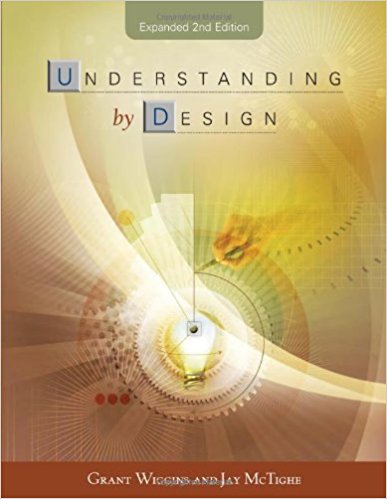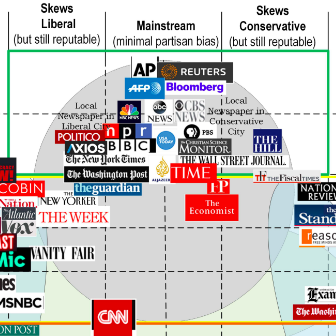Join the InfoLit Learning Community now. Already a member? Log in here.
Accreditation: it’s a scary time, and it can seem like the institution’s future hangs on whether the library can show its worth. Take a deep breath! This isn’t a “gotcha” moment. It’s an opportunity for you to show all the things the library is already doing that both help individual students and move the school closer to its goals. Remember, too, that the accreditation committee wants you to succeed. Especially if this is a reaccreditation visit, they’re just looking to see that you’re meeting your goals.










